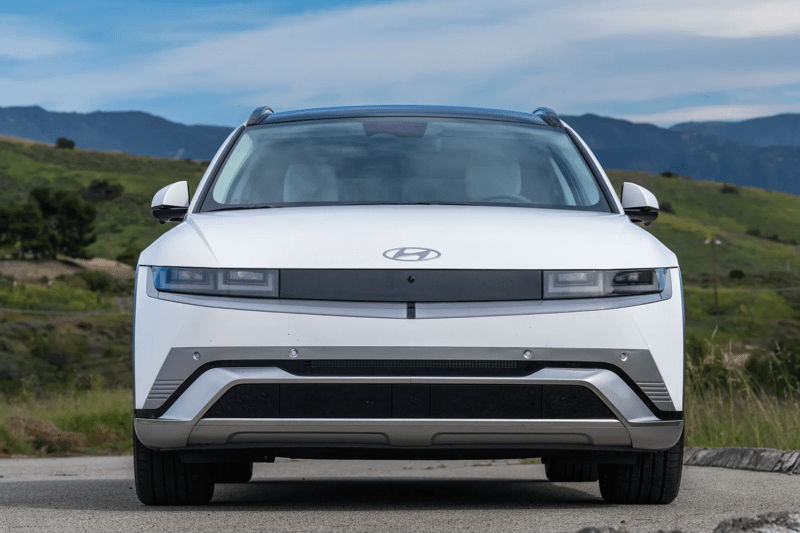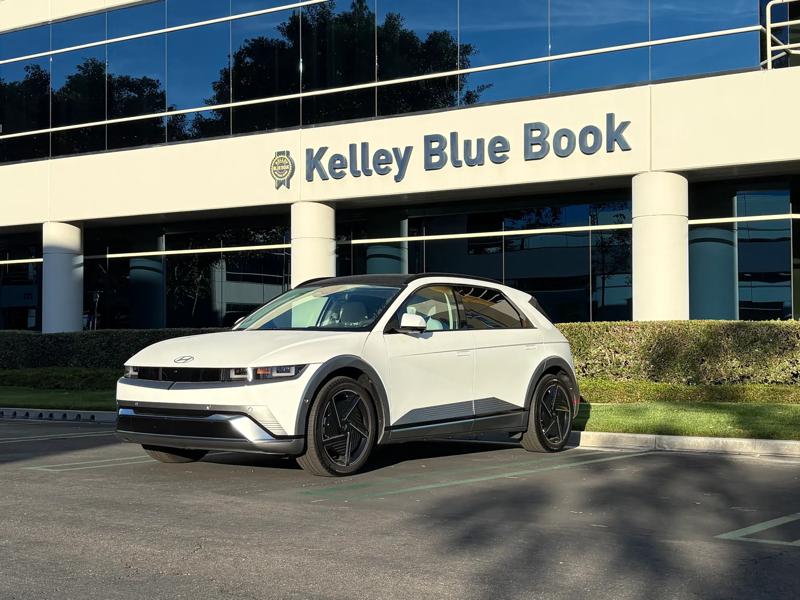- A recently enacted law ends enforcement of federal fuel economy standards
- The move might mean a return to bigger engines in some vehicles
America had rules requiring cars to meet certain fuel economy standards from 1975 to 2025. They’re still technically on the books, but a new law means the government will no longer enforce them.
A new report says the administration may also waive fines dating back to 2022.
How CAFE Standards Worked
- Automakers paid fines for selling too many gas guzzlers
- That pushed engineers to get more power from small engines
The federal Corporate Average Fuel Economy (CAFE) standards required the total fleet of cars each automakers sell to meet a target fuel economy figure. It fined each company that missed the target.
Automakers who produced fewer emissions earned credits they could sell to others who missed the target. This has been Tesla’s largest revenue source for most of its existence. Reuters reports that last year, the company “received $2.8 billion in global revenue from regulatory credits it earns from selling zero-emission EVs and sells to other automakers seeking to meet vehicle emissions targets.”
That figure includes some state credits as well as federal CAFE credits.
Enacted after the oil crisis of the 1970s made Americans nervous about the country’s reliance on foreign oil, CAFE standards were an economic measure and an environmental one. Congress hoped to use them to reduce America’s vulnerability to international oil market shocks and to reduce pollution.
The U.S. Department of Transportation routinely tightened them as advancing technology made it easier for automakers to meet them. The most recent increase came last year.
In April, the Trump administration promised to revoke that recent tightening and return to pre-2024 standards. But a new approach makes that unnecessary.
The standards helped push automakers toward smaller engines. In recent years, turbocharged 4-cylinder engines have replaced V6 powerplants in many midsize cars and SUVs. They’ve even appeared in large pickups and, tuned to very high power output, in some performance cars.
Still On the Books, but Not Enforced
A major law passed by Congress and signed by President Trump this month, unofficially called the One Big Beautiful Bill Act, technically leaves them in place. But it removes the fines, leaving the law toothless.
Last Three Years of Fines Waived
The end of fines is retroactive to 2022, Reuters reports.
“The National Highway Traffic Safety Administration said in a letter to automakers seen by Reuters it is working on its reconsideration of fuel economy rules,” the news service says. Automakers face no fines for failures to meet fuel efficiency rules dating back to the 2022 model year.
Move Could Change the Cars Automakers Build
- Automakers must still meet regulations overseas
- But some are already showing signs of a return to bigger engines
The move creates tension for automakers.
Almost every company that sells cars in America also sells cars on other continents. They’re often the same cars — the BMW 3 Series you can buy in New York is largely the same as the one sold in old York.
So, many automakers will still have to build those cars to standards enforced in other countries.
However, European and Asian markets don’t match America’s thirst for large pickups and SUVs. Some models and automakers dependent on the U.S. market could return to larger engines.
Industry publication Automotive News notes, “demand for big engines remains as Americans get used to low gasoline prices. The price of gasoline for urban consumers was down 11.9 % in May from a year prior, according to the Federal Reserve Bank of St. Louis, which compiles data from the U.S. Bureau of Labor Statistics.”
Stellantis, parent company of Dodge, Jeep, Ram, and other brands, recently brought its lineup of Hemi V8 engines back from exile.
The company then announced the return of its SRT speed shop, famed for cranking the Hemi to extremes.








